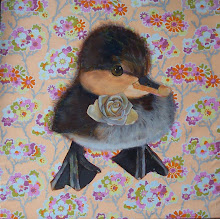
There are two approaches that I like to describe regarding methods for writing music. I like to apply both approaches when talking about ways of finding solutions to many problems and projects.
The first is a premeditated approach. Someone has a clear melody that comes to mind. It may be fully developed and complete as in a completed song. The work at this point involves moving the melody from the internally imagined sound to notation or from practice to performance or production.
The second is an open ended process approach. Someone sits down at the piano and has nothing in particular in mind except the desire to do some creative work. They may improvise for a while but the trick is to find a phrase or a loop or a few notes or chord changes that seem to appeal. This section is extracted from the session and remembered or written down. In the next session, this section is played and the music writer reacts an expands the section, developing it further. They repeat this, maybe over dozens of sessions till they create something that is more complete.
I think we all oscillate back and forth between these two approaches in our lives. We might keep in mind that we have to be at work at a particular time, but then the nature of the day might bring up unanticipated events that we have to react to out of the norm as in the process approach. The opposite can happen, where we want to have a relaxed an open evening sitting in the hammock but then the unanticipated event arises that forces us to concentrate and utilize our premeditated skills. The hammock cable breaks and we have to fix it properly.
From my own personal experience, I find that using an open process approach when meeting with people is best. If we are predisposed to judging someone based on our solidified and premeditated notions, no meeting of any value can occur. We decided long ago that we hate people for "some reason", so no open ended process of meeting can occur when the "some reason" person says hello.
Innocent until proven guilty is an open process. Fortunately the law has favored the collection of evidence that associates culpability to an accused. Now we are seeing a trend towards guilty until proven innocent. Think of Guantanomo, where prisoners are held without charge for years on end.
Restrictions, surveillance, removal of guaranteed constitutional protections, the compilation of personal data such as reading habits and genetic information, all of these things go against the open ended process that people need to thrive.
Painting is by Caravaggio


No comments:
Post a Comment